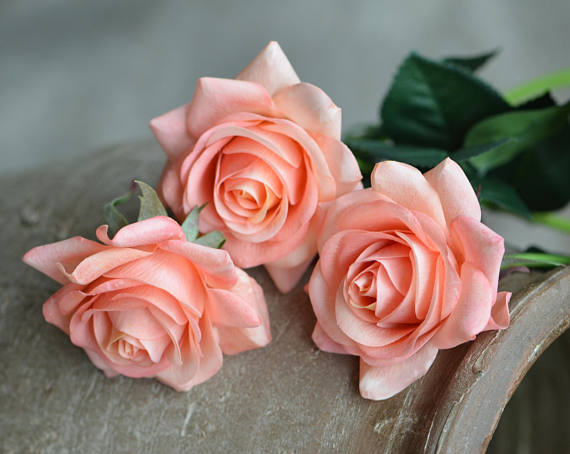My birthday is coming up so I’ve been doing a lot of reflecting on what I’ve learned and improved in since being 21. I’ve come to realize three major things:
- Nothing in life is ordinary
- Seemingly useless moments—like waiting for my computer to turn on really slowly–are great invitations for spiritual growth (ahem, patience)
- Self-improvement is often like cleaning my bedroom
Nothing in Life is Ordinary:
Spring is my favorite season because it’s the season of hope, growth, and reborn beauty. The flowers of spring are so much more striking after surviving the cold winter months. No season lasts forever.
This is very congruent with life. Experiencing joy, sorrow, peace and doubt make life full and real. Moments of struggle deepen my appreciation for life’s joys. When I’m struggling with anxiety or depression, I know it doesn’t last forever and that sweet serenity awaits after the storm passes.
I’ve learned that oftentimes my greatest triumphs are hidden and found in the nooks and crannies of the day. Life’s gratitudes and blessings can be easy to miss if I don’t pay attention; but in reality, I’m surrounded by flowers and sunsets which continue to remind me of how truly extraordinary life is.
Seemingly Useless Moments:
I’m pretty sure I’m a professional over-thinker. I can easily lose perspective by getting sucked into my own thoughts. “I need to have my life figured out right now. In fact, I needed it figured out yesterday!” When I catch myself in these moments, I remind myself to breathe in peace, patience, and trust, and to exhale tension, fear, and agitation. I remind myself that little frustrations in my day are merely strengthening my patience muscle. Every moment is an opportunity to grow and learn, and to seek gratitude and beauty.
Life is Like Cleaning My Bedroom:
I’ve put forth a lot of effort to grow and heal emotionally, spiritually, and mentally. I’ve spent lots of time in therapy, in reflection, and going on lots of serenity walks. I’ve realized growth is very similar to cleaning my bedroom: We often get messy before getting cleaned.
I’ve been reorganizing and decorating my room, and there is barely any room to move. Despite how awful it looks at the moment, it’s in the process of improvement. This is life: Growth is gritty; organizing our hearts is an everyday practice. But it’s worth it in the end.
With that said, I’m so ready for my birthday brownie; I’m ready to continue journeying life with curiosity; I’m ready to continue growing, learning, expanding, and discovering.
I just want to end by saying thank you to everyone who is reading this and has opened their hearts and come along my journey with me. It’s meant the world to me. Your support keeps me going!







